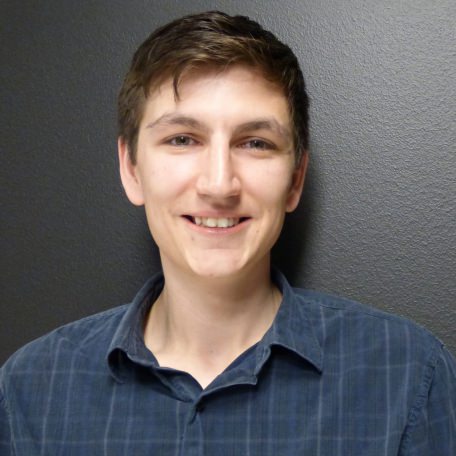Why We Should Care About Aging Research

September is Healthy Aging Month. Brian Stoveken talks about why the field of aging research is so important.
When I began scouting for graduate schools I
already had a latent interest in the biology of aging. I’d taken a course
as an undergraduate, and let the information simmer for a couple of years.
I read several books addressing “why we get old.” There
was (and arguably still is) a lot of speculation. I wanted data, and a
better approximation of the fundamental biology.
As an undergraduate in
2008, the field of aging research was still largely
unexplored. We had a few genes, and a few physiological
paradigms that influenced longevity. I wanted to be a part of the growth
in the field, so as I gained more research experience I decided to take the
plunge into graduate school and look for opportunities to study different
aspects of aging and age associated disease.
Around the same time, I got involved with the skepticism and critical thinking
movement. I was attracted to the work being done in at the Barshop
Institute because their faculty were using powerful techniques to interrogate the prominent (some might say dogmatic) oxidative stress theory of
aging. Their results called this cornerstone of aging research into
question, and revealed nuances about basic biology as well as
widely-popularized anti-aging interventions (remember all of the
focus on antioxidants?). I appreciate that type of work.
It prevents misconceptions, challenges assumptions, and realigns
scientific priorities to maximize the impact of our work on human health.
Science is all about minimizing uncertainty. At smaller scales, this
means seeking precision and accuracy in one’s measurements. At larger
scales, good science should test the fidelity of prominent theories.
UTHSCSA had a clear track record of supporting that type of work.
It wasn’t relying on legacy, size, or prestige. The school offered
a chance to study exactly what I’m interested in, alongside scientists who
tackle the most important questions.
That’s hard to turn down.
The “Beyond The Bench” series features articles written by students and postdoctoral fellows at the Graduate School of Biomedical Sciences at The University of Texas Health Science Center San Antonio.
